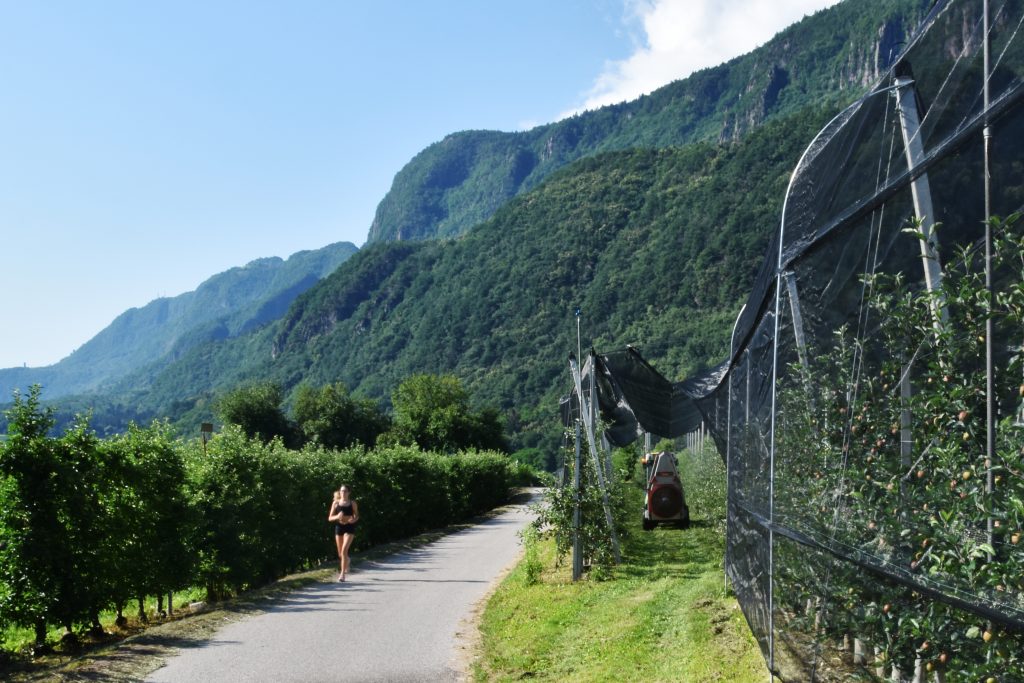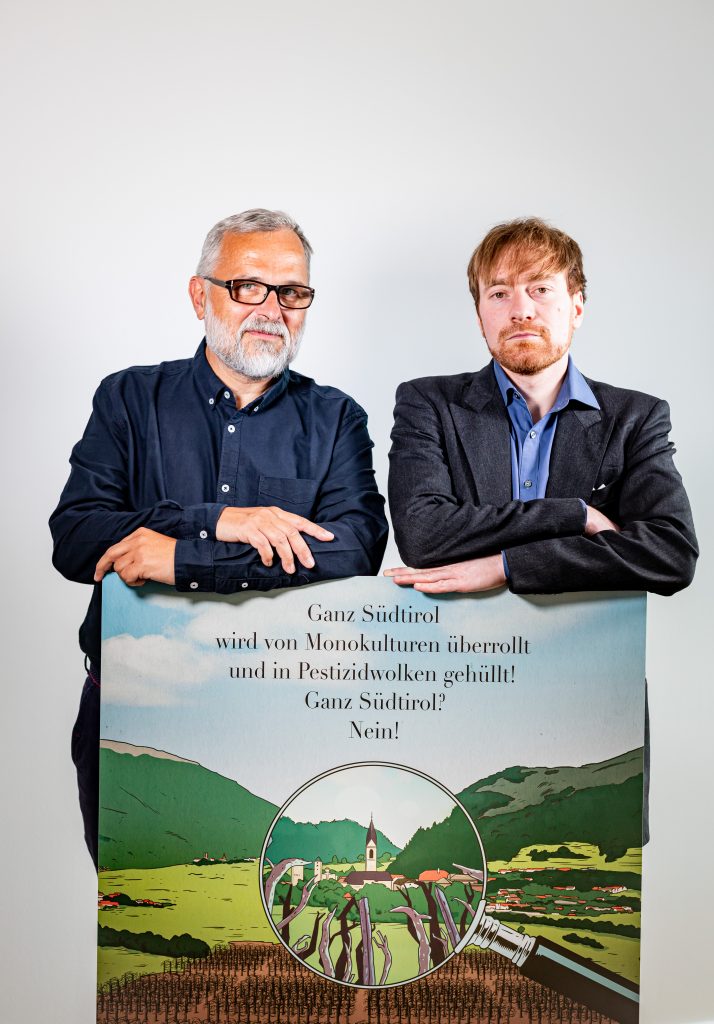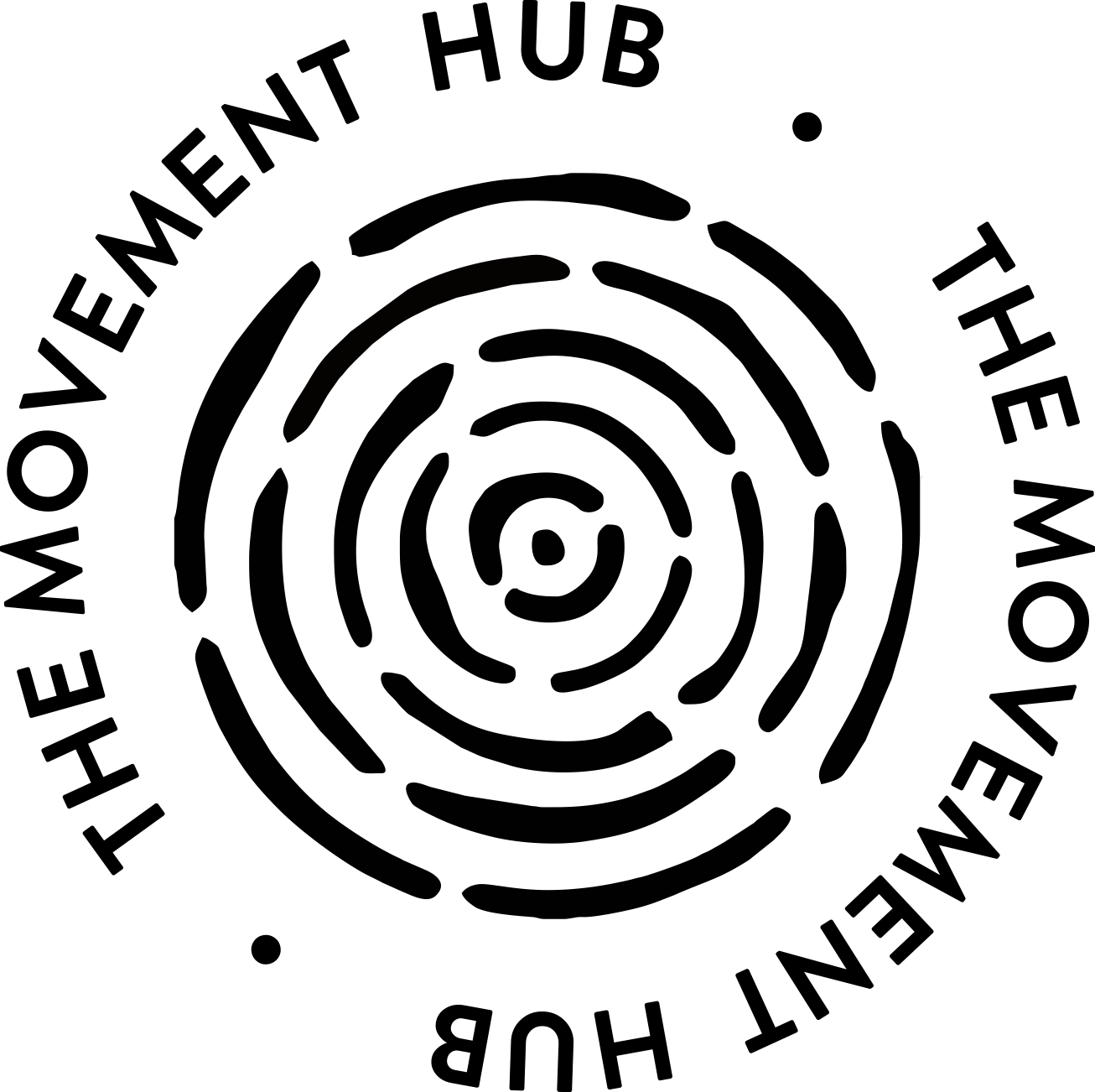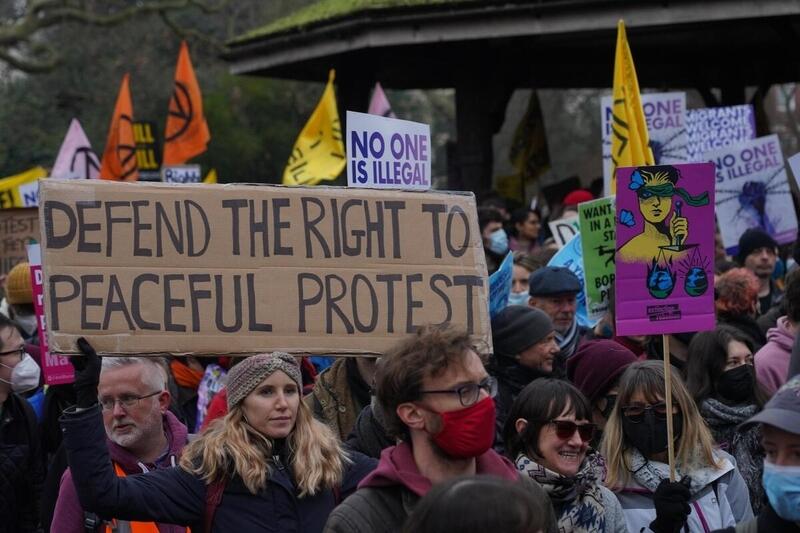In this blog we’re taking a deep-dive into a SLAPP (Strategic Lawsuit Against Public Participation) case in South Tyrol, Italy, where one of the defendants, Munich Environmental Institute employee Karl Bar, is currently being taken to court for speaking out against pesticide use in the region.
In September 2017, the Vice President of the Autonomous Province of Bozen/Bolzano and provincial minister for agriculture Arnold Schuler filed charges against the Munich Environmental Institute (MEI), and author Alexander Schiebel (The Miracle of Mals), for their work highlighting the use of harmful pesticides in South Tyrol, Germany.
Around 10% of the apples harvested in Europe are grown in this region, doused in toxins which according to scientists have an adverse impact on biodiversity and human health.
Three years after the charges were first filed by Arnold Schuler, the public prosecutor’s office at the Bolzano Regional Court is filing charges of defamation against Karl Bär, an employee of the MEI.

As well as his work as a consultant for the MEI, Karl is a representative of the European citizens’ initiative “Save bees and farmers!” at the EU commission. His work, his lawyers claim, is being silenced.
All three defendants could end up facing not only a financial penalty but also claims for damages amounting to millions of euros from South Tyrolean growers — an outcome which would undoubtedly lead to financial ruin for both defending parties.
The charges represent a broader strategy known as a SLAPP, in which abusive lawsuits are used as a means of silencing criticism and shutting down activism. SLAPPs are increasingly applied across Europe and the world by companies, politicians, and influential individuals to obstruct or intimidate activists and critical journalists through baseless criminal charges and civil lawsuits.
To the SLAPP filer, the outcome of the lawsuit is largely beside the point: it’s the litigation process — and the amount of time and money involved — that can intimidate critics into silence. Campaigners say Europe desperately needs anti-SLAPP legislation to stop this sort of thing taking place in the future.

The anti-pesticides campaign began in 2016, when the MEI put its support behind a crowdfunding campaign for Alexander Schiebel’s film adaptation of his book. A year later, the MEI intensified its campaign to support the villagers in Mals, with members attending events across the region in support of their anti-pesticides campaign.
In the summer of 2017 they staged a provocative action, creating a billboard campaign and website to draw attention to the contradictions between the idyllic tourism marketing for South Tyrol and the realities of the fruit-growing sector. The campaign was removed after just one day due to a legal threat against the billboard leasing company.
In 2018, the MEI collected air samples every three weeks from different locations in the Vinschgau valley to test for pesticide residues — detecting six different toxins at altitudes of more than 1,600m. The publication of their results elicited a major response from media across European, during which Karl discussed the issue with provincial minister and co-plaintiff Arnold Schuler live on South Tyrolean television.
It is the brief text on the campaign homepage for which Karl finds himself in court today, and which the MEI’s lawyers say amounts to an attack on freedom of speech. If opponents and critics of industrial agriculture fear immediate judicial consequences, who will dare to speak up?

On September 15th, the case against Karl went to its first hearing in court.
The day before, Arnold Schuler published a press release promising their claims would be dropped. This only came after an intensive campaign by the MEI and many other civil society organisations brought the case to media attention in Germany, Austria, and Italy. However, despite Schuler’s claims, not a single claimant dropped their charges.
However, during the trial on the 15th of September, the people who claimed they were to drop their charges actively inscribed themselves as joint plaintiffs. Due to this, the judge deferred the hearing.
Meanwhile, Arnold Schuler’s public statements confirmed the nature of the case as a strategic lawsuit against public participation: he called back his announcement to drop the charges, as the MEI refused to promise not to publish the pesticide data they had acquired.

Karl’s next hearing is on the 27th of November, with another criminal trial against Alexander Schiebel set to begin the 14th of January in the coming year. That’s why we’re standing in solidarity with him and everyone at the MEI today, who are suffering under this ongoing assault on their freedom of expression.
The actions of the MEI and its employees are a necessary part of any healthy democracy wherein citizens engage in political action. The more attention we can draw to these stories, the more likely we are to make our voices heard and let those in power know that SLAPP cases have no place in a democratic Europe.
Share Karl’s story and follow the link to the MEI to find out more and show your support.
Photography by Jörg Farys




